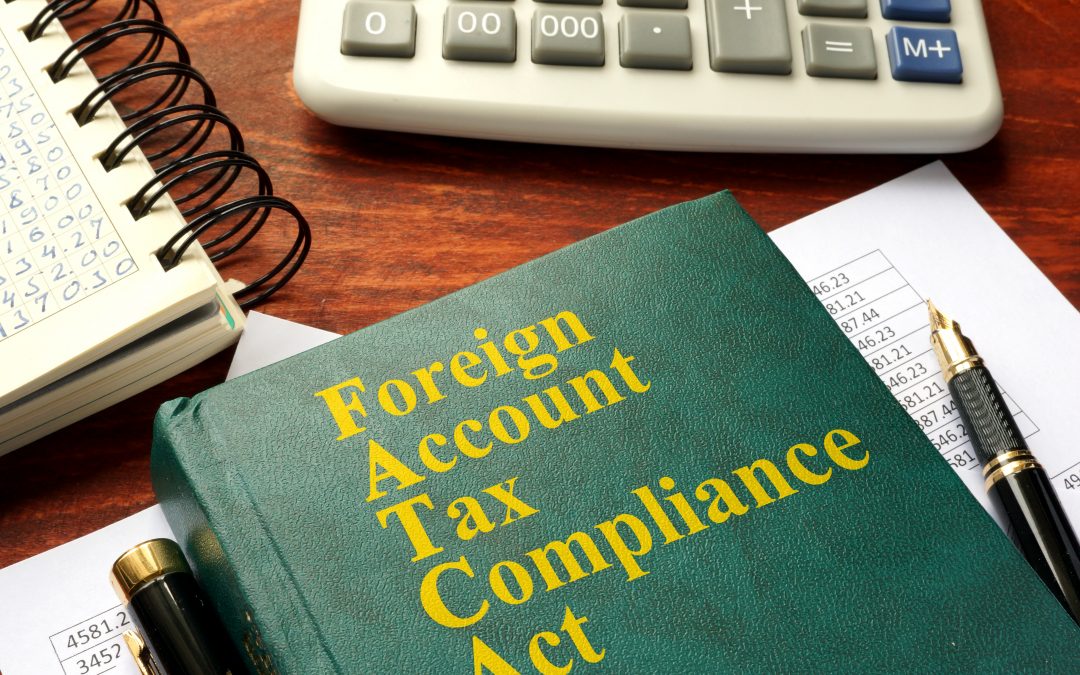All You Need To Know About Reporting Foreign Accounts Tax Compliance
As the global economy has evolved, boundaries have become more and more porous – making it easier for investors to park their funds in banks, bonds, and other instruments overseas. Because of this, the U.S. government created rules to ensure that these overseas investments were reported correctly and any profits generated from them were properly taxed. If you are a U.S. citizen looking to invest or manage money abroad, here is all you need to know about reporting foreign accounts tax compliance:
Understand Your Reporting Requirements
The United States IRS laws require citizens of the US who hold a financial interest in overseas bank accounts or have signature authority over an overseas financial account with an aggregate balance of $10,000 at any time during a given year to report it on Form 114 – Report of Foreign Bank and Financial Accounts (FBAR). Additionally, if your total income from all foreign assets combined exceeds a certain threshold determined by the Internal Revenue Service each year, then you will need to file Form 8938 – Statement of Specified Foreign Financial Assets with your annual income tax return.
Be Prepared When Filing Taxes
When preparing your federal taxes return for any affected year, be sure to indicate how much money is held abroad on Form 1040 Schedule B as part of additional income as there may be some sort of undisclosed income present in these holdings that must be declared as part of regular taxable earnings in the US. You will also need to provide detail regarding where the funds are being held including information such as how much is maintained inside each account or instrument located within these jurisdictions and make sure everything is accurately reported on your filing documents regardless if they make up some form taxation centered motivation structure or not so they do not become liable for severe penalties due to noncompliance such as those levied by FATCA per instance which can reach 90 percent in addition fines may exceed 100 thousand dollars consistently when willfully not reporting.
Confirm Your Tax Paid Status
All holders who have declared their foreign assets within their annual taxes returns must also begin confirming that all necessary tax payments associated with these holdings have been made accurately according to its guidelines before distributing any portion out of them regardless if this happens through deposit transfers liquidations sales like stocks options among other variables associated with related procedures. Always make sure payments are complete before acting upon anything even if this means having consultants look into each allotment before moving around.
Stay On Top Of Changes In The Law Or Your Situation
New legislation could affect how you handle your savings strategies across multiple countries, so always keep an eye out for various changes or updates regarding new laws imposed per country or region that might interfere with current planning practices already implemented so it’s best advised to stay ahead what’s going on especially when transactions involve sums well above ordinary acceptable levels otherwise assessment fees could be charged taxing brackets increased than usual leading towards complicated legal costs processing requesting unlimited valuations, etc inform yourself constantly so no surprises arrive when dealing distributions repatriations allotments liquidations activities whenever involved within cross border securities while keeping industry official deadlines filed accordingly completing yearly enclosures required by local authorities avoiding discomfort situations.






